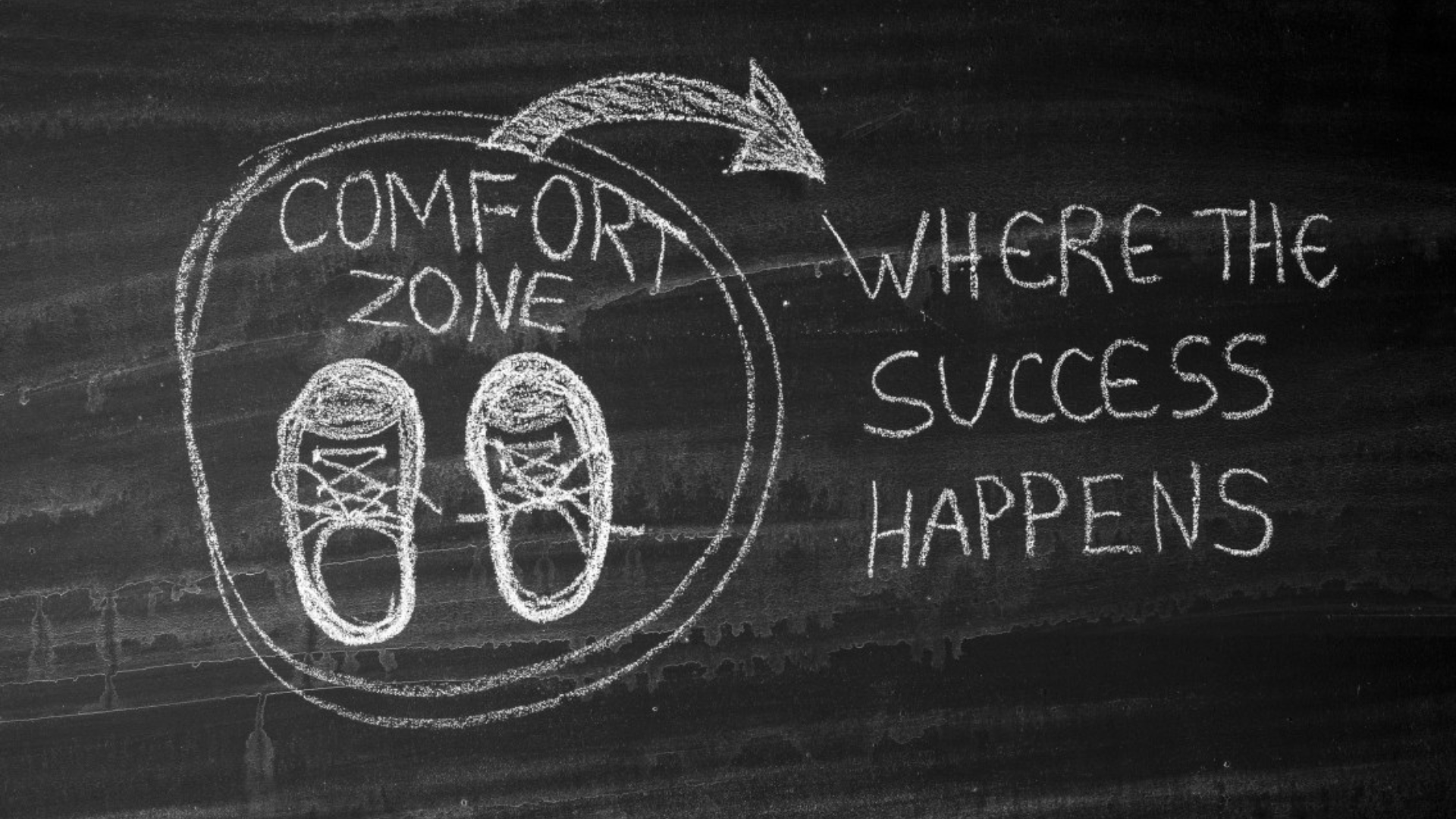Breaking Free from Safety Behaviours
How avoidance holds you back
We all have moments where unfamiliar situations or interactions make us feel uneasy. To cope, we often fall into habits that provide temporary relief, known as “safety behaviours“. These actions may seem harmless or even helpful in the moment, but over time, they can become toxic, limiting our growth and deepening our fears.
Safety behaviours are passive, resistant actions that let us avoid discomfort. Whether it’s using alcohol to feel confident, avoiding eye contact, or skipping social outings, these behaviours feed into our anxieties rather than confronting them. Over time, they reinforce unhelpful beliefs about ourselves and others. Here’s why they can be harmful and how to start breaking free from them.
What Are Safety Behaviours?
At first glance, safety behaviours seem like a smart solution to navigate difficult situations. But in reality, they enable avoidance, addictive habits, and even superstitions. These behaviours prevent us from facing our fears and keep us from learning how to cope with challenging situations in a healthy way.
Some common safety behaviours include:
- Drinking alcohol for confidence: Often referred to as “liquid courage“, alcohol can make social situations feel less intimidating. However, relying on it can lead to dependency, leaving you unsure of how to navigate interactions without it.
- Avoiding eye contact: You may keep your head down or look away to avoid interaction. While this helps you dodge uncomfortable moments, it prevents you from building communication skills and confidence.
- Pretending to be busy: Engaging in fake phone calls or texting to avoid small talk or awkward social situations is another common safety behaviour. It provides a short-term escape but leaves you less practised in handling real interactions.
- Skipping social outings: Opting out of events because of insecurities, such as worrying about how you look or fear of being alone, reinforces negative self-beliefs. Over time, this can make social anxiety worse.
- Dodging appointments: Avoiding necessary activities like visiting the doctor or confronting important issues due to anxiety only delays the inevitable and increases stress.
- Avoiding specific people: Steering clear of certain individuals, like an ex-partner, feels like self-preservation but often keeps emotional wounds open longer than necessary.
- Seeking constant reassurance: Frequently asking for validation, such as repeatedly seeking promises from friends or loved ones, might ease anxiety temporarily, but it also feeds dependence on external approval.
Why Safety Behaviours Make Things Worse
The problem with safety behaviours is that they’re designed to prevent the worst from happening – yet they often have the opposite effect. By relying on these behaviours, you maintain negative beliefs about yourself, the world, and others. Instead of alleviating fears, they reinforce them. What starts as a short-term solution can grow into a long-term dependency, making it hard to imagine getting through life’s challenges without them.
For example, if you always rely on alcohol to socialise, you never fully develop the confidence to engage with others sober. Similarly, avoiding eye contact may seem like a small thing, but over time it can erode your communication skills and your ability to connect with others authentically.
Challenging Safety Behaviours
Breaking free from safety behaviours doesn’t happen overnight. It requires patience, persistence, and small steps. Start by acknowledging your fears. What situations make you uncomfortable? What behaviours are you using to avoid these challenges?
Once you identify your safety behaviours, begin to challenge them in small, manageable ways. For instance, if you avoid eye contact, start by holding eye contact for a few seconds in casual conversations. If you skip social events, commit to attending a short, low-pressure outing with friends.
Remember, slow and steady wins the race. You don’t have to confront your fears all at once. Each small step builds confidence and resilience over time.
Progress Over Perfection
Safety behaviours may feel like a protective shield, but in reality, they prevent you from growing and facing life head-on. By challenging these habits and stepping out of your comfort zone, you can reduce anxiety, build self-confidence, and develop a healthier relationship with discomfort. Embrace the process – slow progress is still progress – and give yourself credit for every small victory along the way.


